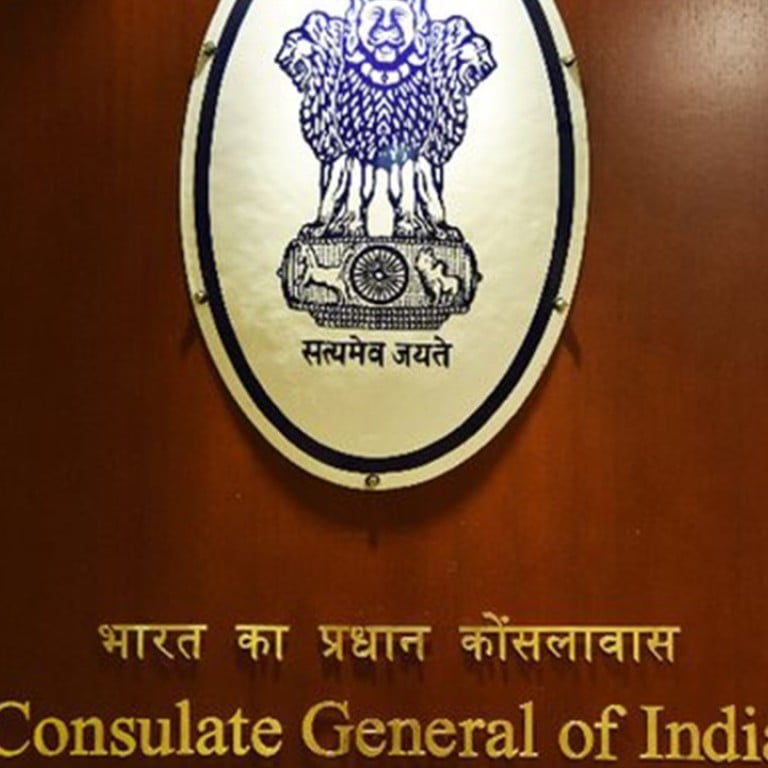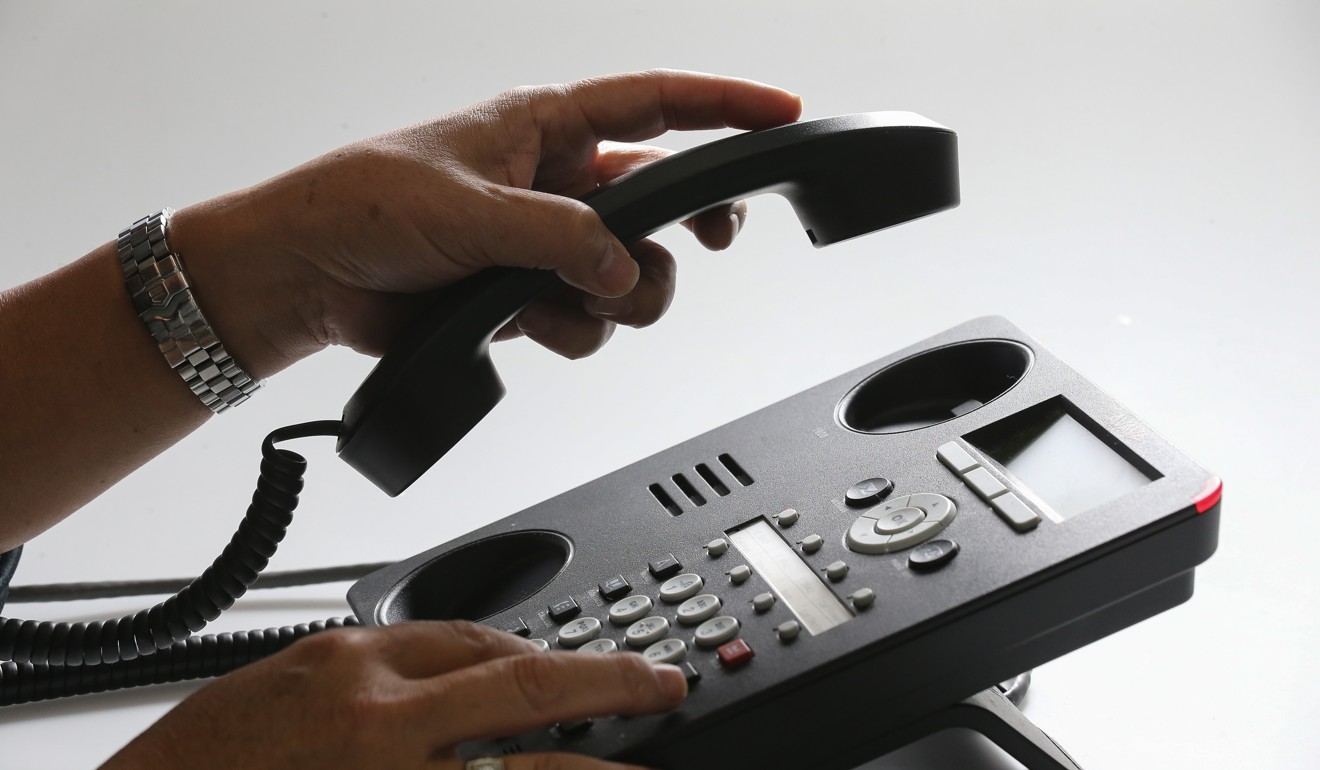
Indian national in Hong Kong scammed HK$18,000 by fake consulate official
Police unclear how trickster knew of victim’s visa application at consulate
An Indian national in Hong Kong became the city’s latest phone scam victim after someone posing as a consulate official asked her to transfer HK$18,000 (US$2,300) as part of her visa application.
The 27-year-old woman reported the case to police on Friday afternoon after the city’s Indian consulate told her its office did not ask her to transfer money abroad for her application.
The victim first received a call on Monday from someone claiming to be “a consulate staff member” who told her she supplied incorrect information on her visa application.

“The scammer, communicating in English, told her the date of birth on her form was completed in the wrong format,” a police source said. “She was then told to transfer the sum to an Indian bank account so that lawyers in the country could help her resolve the problem.”
“She called the diplomatic office a few days later to check on the progress of her application. That’s how she realised she’d been scammed.”
The scammer, communicating in English, told her the date of birth on her form was completed in the wrong format
The Post understood the victim came to Hong Kong in 2013 to study in a PhD programme. She obtained her degree last year and stayed in the city to work as a research associate at a local university.
It is unclear what kind of visa application she had submitted and how the scammers knew about her submission. But the source described such cases involving foreign victims and fake consulate workers as rare, noting phone scammers normally posed as local or mainland security officials and accused victims of breaking the law. They then asked for money as a surety or used other ruses.
“The force recorded four similar cases of Indian nationals in Hong Kong between February and April of last year,” the source added. “Scammers who spoke fluent English posed as staff members from the Home Affairs Department and told victims they were being fined for giving incorrect information to Indian authorities.”
Figures from the Security Bureau showed the number of cases relating to phone deception fell 10 per cent in the first 10 months of last year to 803 but that financial losses increased to HK$200 million.
Around 70 per cent of the cases involved bogus mainland government officials. Police have arrested 11 people in connection with 29 cases.
Phone scammers now using WeChat voice messages to snare victims
The biggest case recorded last year involved about HK$31 million. In May, a 52-year-old chief financial officer of a multinational company received a call from someone posing as the company’s CEO. She was told to transfer US$3.98 million (HK$31 million) to a mainland Chinese bank account.
The victim realised she had been scammed when she spoke to the real CEO. Police froze about HK$20 million in the culprit’s bank account.

